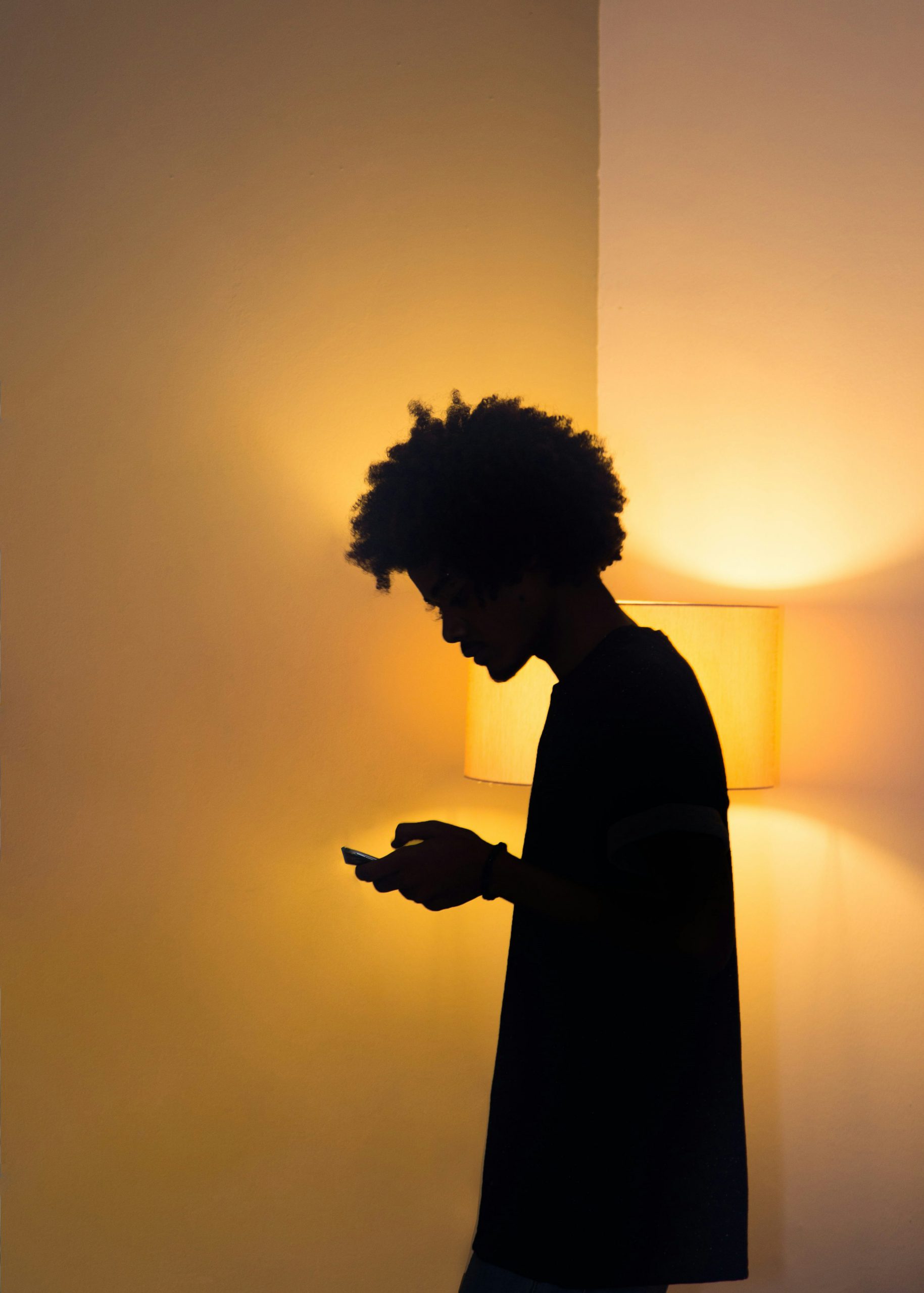By Thubelihle Mathonsi
I was about fifteen when I started watching YouTube religiously. Before that, it was cable TV all the way. At that age, I was introduced to diverse opinions, the kind of questions I tried to ask at church but was told I was “allowing doubt” and that “the devil would slither into my life”. I soon realised that my thoughts weren’t unique. My existence and opinions weren’t sealed in a vacuum; there was a wide array of perspectives on the very topics that had unsettled me. That was the beauty of social media, it allowed me to see the other side of things. YouTube has come far since then.
Instagram, once just a simple photo-sharing app, is now completely different from the “TikTokification” of everything. TikTok itself was first launched in mainland China in 2016 as Douyin before expanding globally and acquiring Musical.ly, a similar app that was later rebranded as TikTok. It gained massive popularity during the pandemic when everyone was stuck at home. It was during this period that I learned about the algorithm – how, in a way, it steals your days.
TikTok’s algorithm analyses your interests based on your interactions and what you like, comment on, or spend time on to personalise your experience. That’s the basic idea. It’s designed to keep you engaged because your time translates into profit. Not just for content creators, but, more significantly, for the owners of the app. And because it worked so well for TikTok, every other platform wants in.
Now, Spotify has short TikTok-style videos. Instagram reels, Facebook, Snapchat, YouTube Shorts – everyone wants your time. I often joke that this setup has fried my dopamine receptors. I deleted TikTok, but I couldn’t escape it; I just ended up on Instagram reels instead. Sometimes, I catch myself not even scrolling for enjoyment or information. I’m just chasing the one video that will spark joy, and then I keep scrolling, almost like I’m chasing a high. Four to eighteen videos later, I’m still looking for something useful. I can doomscroll through depressing news, absorbing nothing, then get angry at myself for allowing it to happen. There is an awareness that I’m not enjoying – but what if the next video is amazing?
Netflix used to have a lot of movies that got me to put my phone down. Allegedly, writers are now told to dumb their scripts down to account for our shrinking attention spans. Weirdly, I can still follow these stories just enough to resist cancelling my subscription. I love watching documentaries, but crime documentaries on Netflix feel like another way my time is being stolen. Some drag an hour’s worth of information into eight unnecessary episodes, including accusations of using AI to generate images for the crime documentary What Jenifer Did.
“You can just put your phone down if you feel that strongly about it,” you might say. But that’s the thing – it’s hard to just put your phone down. And someone out there is making sure it stays that way. That is not to say I am a creature incapable of reason and self-control. But one has to admit that the designs and redesigns of these apps are intentionally made to take from you as much time as they can.
For Transparency
The Guardian on Netflix and dubbing down shows:
Netflix accused of using AI:
https://www.decodingeverything.com/p/netflix-what-jennifer-did-ai-controversy


